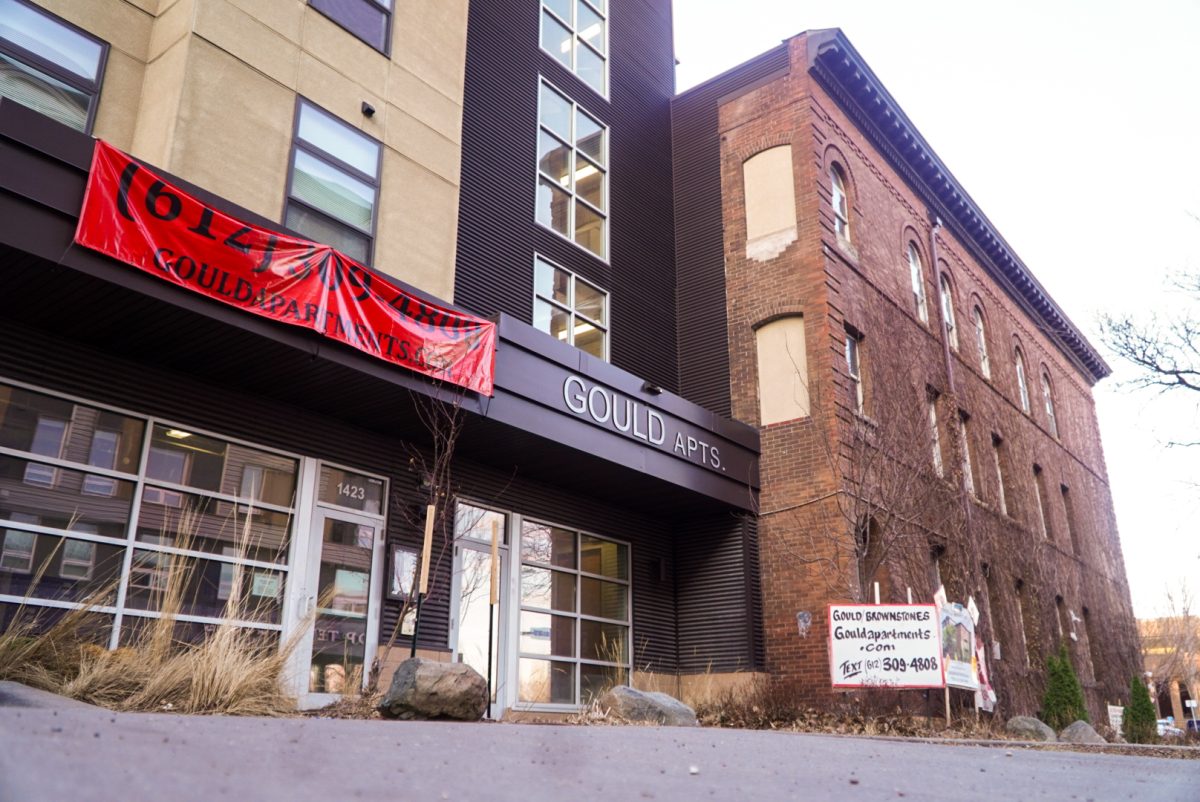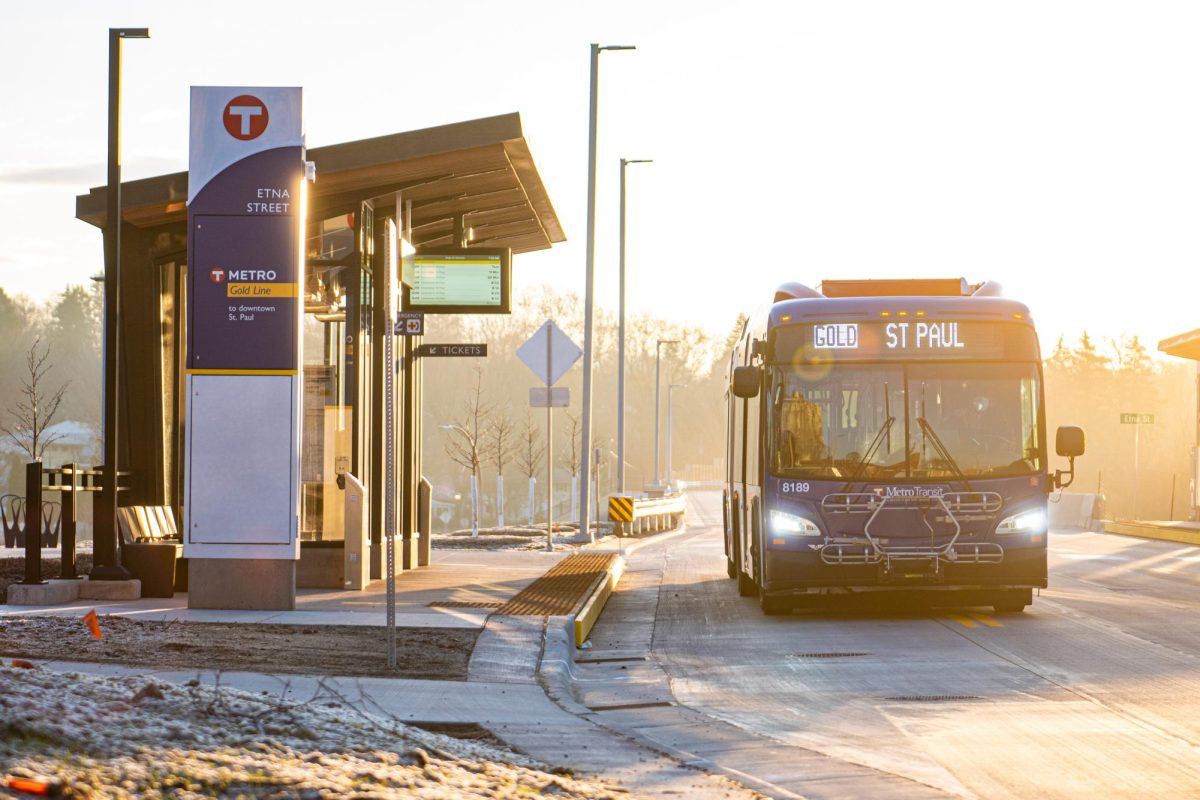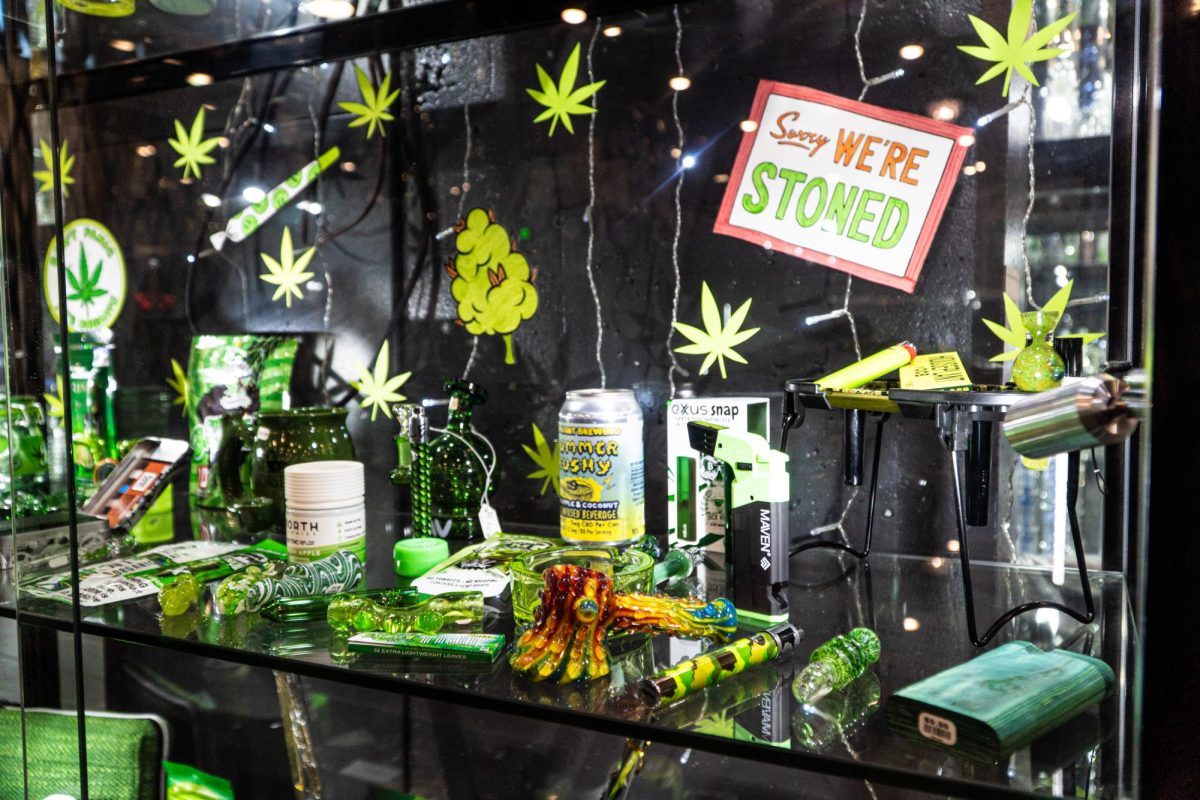A University of Minnesota professor is touring the country in an attempt to mend frayed cross-party relations.
While some are pessimistic at the prospects of bridging the divide, William Doherty, who teaches family social science, is touring the U.S. to better understand opposing political viewpoints.
Since 1994, unfavorable attitudes toward the opposite political party have risen from 57 to 79 percent for Democrats and from 68 to 82 percent for Republicans, according to the Pew Research Center.
Doherty said the post-election period has been called the most divisive in American history since the Civil War by some historians.
“It’s unprecedented in my lifetime,” he said.
The 2016 presidential election “supercharged” a pattern of inter-party hostility that has grown for three decades, said Larry Jacobs, director of the University’s Center for the Study of Politics and Governance.
“It’s very difficult to talk to each other…there’s a breakdown in social trust, it’s very difficult to govern,” Jacobs said. “It’s pretty cataclysmic.”
This division can also be seen on the local level, and Minnesotans show the same relationship division as the rest of the country, Doherty said.
At the University, vandalism of the UMN College Republicans panel on the Washington Avenue Bridge in December and social media incidents are representative of the issue, said Braxton Haake, president of College Democrats.
Since the election, another Pew survey found 59 percent of Americans say it is “stressful and frustrating” to talk with those who have opposite views on President Donald Trump.
Kasey Carpenter, a writer for the Minnesota Republic, has experienced this as a conservative leaning moderate.
“I lost a friend…because people weren’t really listening to each other and jumping to conclusions,” Carpenter said.
In February, College Democrats and College Republicans held a meeting in an attempt to reach across the aisle.
“I’d love to have more dialogue…if we can find any sort of common ground, it’d be really helpful,” Hakke said.
Carpenter said constant dialogue is important in order to bridge the political divide. “At the very least, we could see the humanity in each other a little bit more.”
While local student groups at home are trying to mend party relations with events like the debate, Doherty is taking the task across the nation.
Throughout the summer, Doherty has held dialogues between Trump supporters and critics to find common ground.
“[We’re] trying to demonstrate…that people are not as divided as media and politicians make it seem,” Doherty said.
The tour, dubbed the One America Bus Tour, is a collaboration with New York based bipartisan advocacy group Better Angels.
Programming involves training on how to have constructive conversations and reduce stereotyped thinking, he said.
The program launched after initial post-election workshops in Ohio July 4.
Since then, the program has traveled around the country to places like Tennessee, New Jersey, New York and Virginia.
In the future, Doherty said he hopes to establish chapters in every U.S. state.
He said participants leave the program with a renewed understanding of opposing viewpoints.
“People see the other side as more diverse, complex and thoughtful,” Doherty said.







